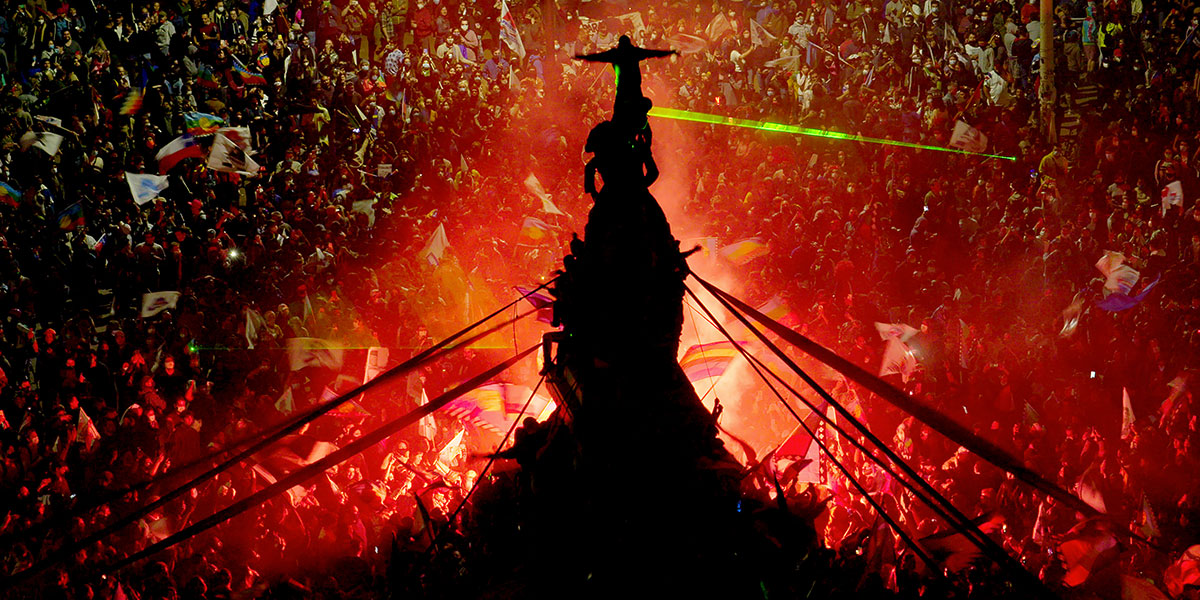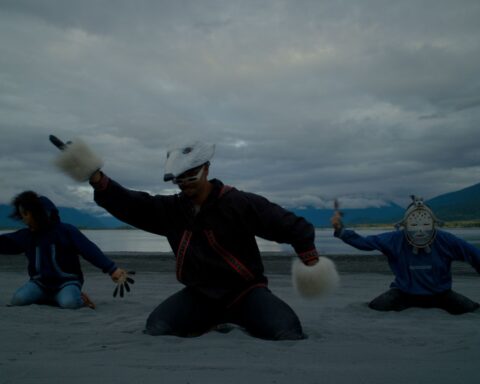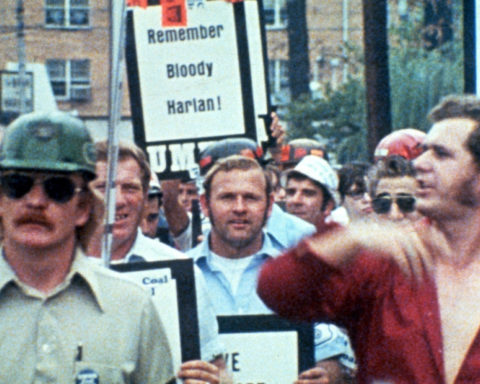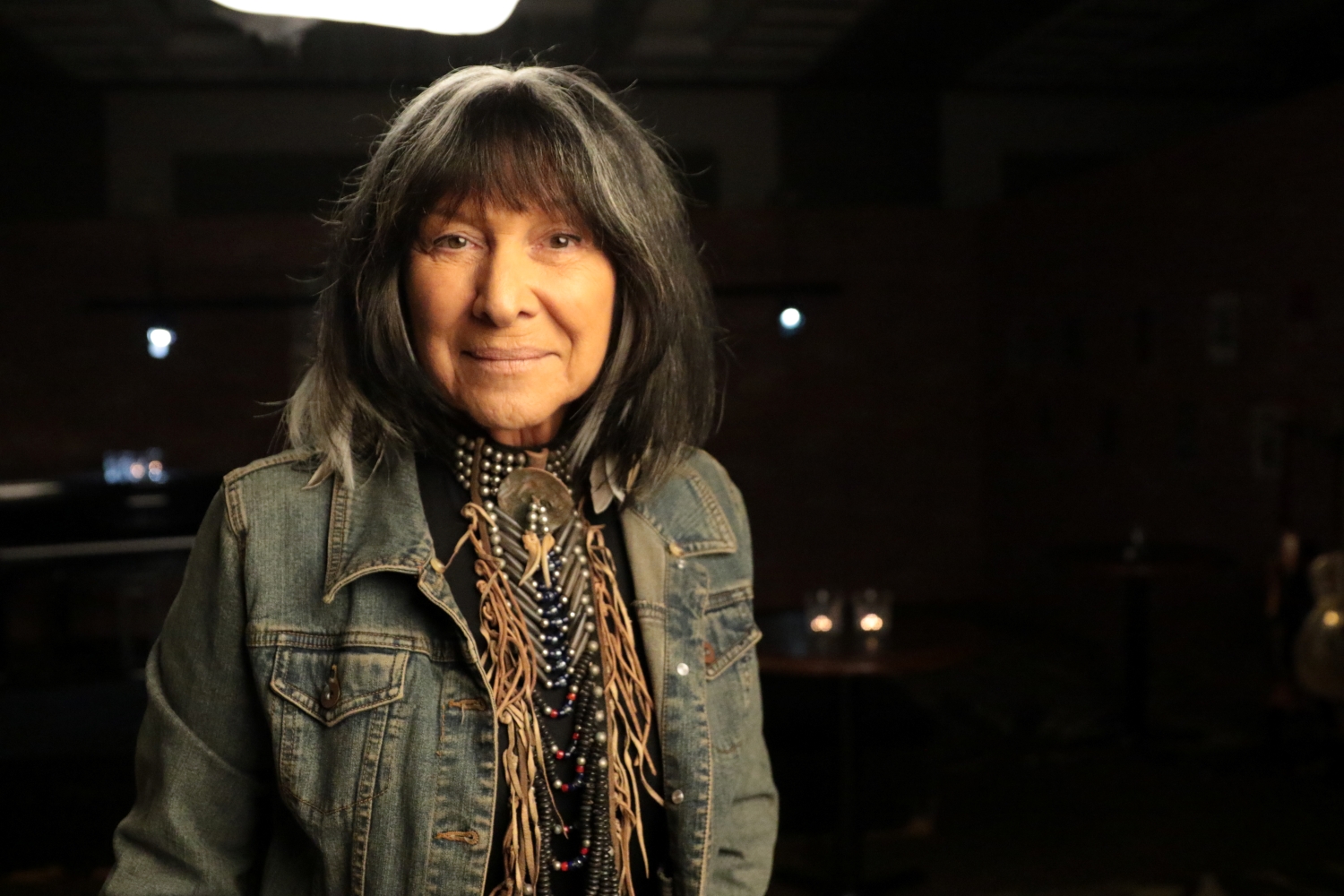For a city that has embraced cinema for decades, the anticipation around this year’s TIFF is noteworthy for already reaching fever pitch. With over 200 films—features and shorts—being screened at such prominent downtown Toronto venues as Roy Thomson Hall, the Princess of Wales Theatre, the Royal Alexandra Theatre and, of course, TIFF’s own Bell Lightbox cinemas as well as the Scotiabank ‘plex, the festival is back, big-time. There are no hybrid screenings this year. Festival CEO Cameron Bailey is enthusiastically telling Torontonians, other Canadians and the vast international cinephile audience to come back and celebrate great cinema once again in this city’s theatres. With that comes the return of Festival Street, taking place during the entire first weekend of the festival, September 8-11, with King Street’s pedestrian traffic dominating a driverless turf.
With the festival starting next Thursday, it would be unfair to review the exciting new fare that will be transporting filmgoers during the weekend after Labour Day. Audiences should see the films to appreciate them. But that’s the beauty of reporting on TIFF’s docs during the week before the festival. Even if this critic has seen some of the films—and, naturally, mum’s the word on that—one can lucidly write about docs without qualms, and not be actually reviewing them. Knowing TIFF’s programming team—led in the non-fiction category by Thom Powers—are such pros, one can rest assured that all films in the genre picked for TIFF are very good to superb. They’d have to be as any doc director worth their salt wants to be in Canada’s premier festival. (Read more in our TIFF 2022 interview with Powers.)
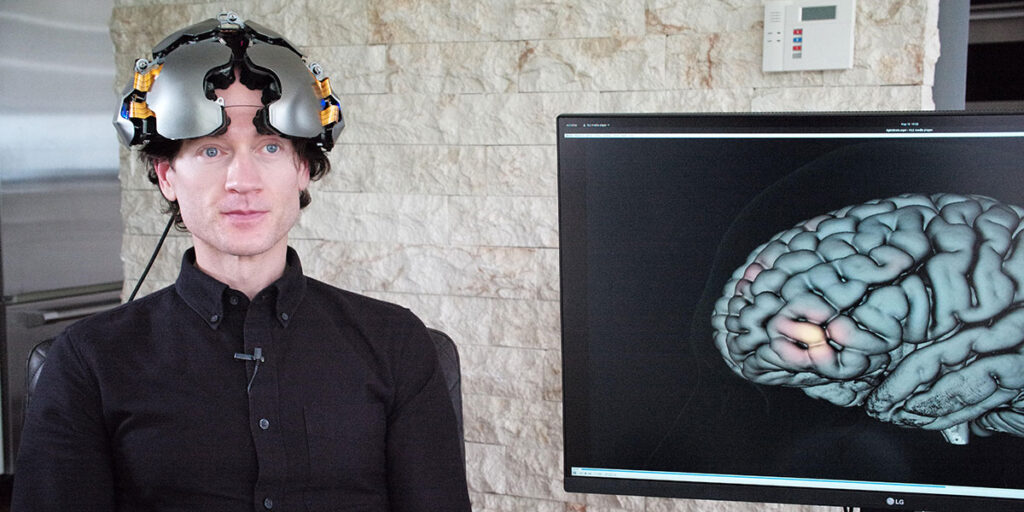
Really, the question for you, the potential filmgoer, is: what sort of subject would you like to delve into and understand more fully? Take Theatre of Thought, for instance, the new Werner Herzog film. Who wouldn’t want to know more about the inner workings of the brain? Given the quirky nature of Herzog’s brain, and how he sorts out a story, it’s certain that this will not be a standard TV-style science doc. Herzog’s films are quite thorough—they’re not jokes by any means—but he understands that his audience wants him to put a personal spin on things; no doubt that happens in this film.
Or think about art and how it commodifies our culture and can potentially fix controversial people and their reputations. One of the most highly anticipated films at the festival is All the Beauty and the Bloodshed, the Oscar award-winning director Laura Poitras’ take on the cutting-edge photographer Nan Goldin’s life and work, which concentrates on her recent campaign to oust the Sackler family from art institutions throughout the world. The Sackler family has made a fortune producing opioids—they may well have solely caused the current crisis and have certainly profited from selling the drugs—and yet they were able to keep a sterling reputation for years due to their patronage in the arts. Goldin has taken a leadership position in outing the Sacklers, getting their names removed from such A-list institutions as the Guggenheim, the Louvre and the MET. As a photographer, Goldin has been controversial for decades since the exhibition and publication of The Ballad of Sexual Dependency, her loving depiction of her friends, neighbours and lovers in the queer underground of the Seventies. For Goldin, the line from Bob Dylan, “to be outside the law, you must be honest,” may properly evoke her art and outrage at the hypocrisy of wealthy people trying to buy prestige in the cultural community while she extolled the lives of those living with integrity on the margins.
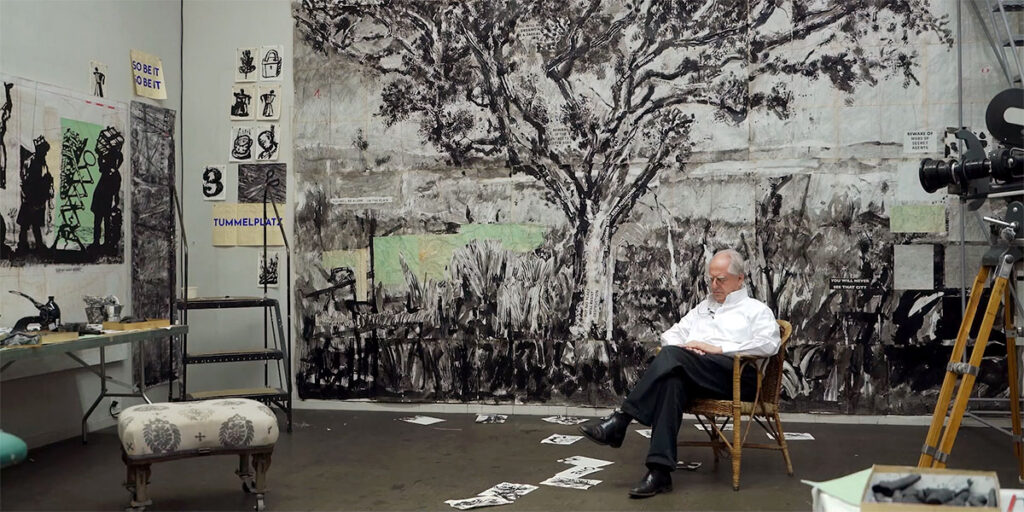
Someone whose work can definitely be embraced is William Kentridge, the South African artist, who fearlessly opposed apartheid and continues to make brilliant work that often critiques imperialism. But that’s only a part of Kentridge’s practice: he’s an astonishing stylist who has flourished in animation, set design, opera, to name a few artforms. His Self-Portrait as a Coffee Pot is a nine-part series, with three segments being shown at TIFF. It explores his creative process. I look forward to reviewing it later in the festival.
The biographical documentary is a form so well known that it will even be parodied at TIFF. The festival is screening a feature called Weird: The Al Yankovic Story, in which Daniel Radcliffe—that’s right, Harry Potter—is playing everyone’s favourite accordionist. Like most biopics, the Radcliffe starrer purports to tell the real-life story of how a singer playing an unfashionable instrument became a star. It even stars Evan Rachel Wood as Madonna, the hip celeb who turned Weird Al into a phenom.

While Weird: The Al Yankovic Story has fun with the genre, there are quite a few docs at TIFF that actually tell the tales of musicians who have defied the odds and become icons. One that will surely attract a lot of interest is Buffy Sainte-Marie: Carry It On (the cover story of our new issue). It’s great to know that a Canadian born Indigenous activist, singer and song-writer has triumphed against bigots and censorious politicians to be a brilliant success. This is, I repeat, not a review of the film; merely, a comment on the great Buffy, who is surely deserving of a big bio treatment.
She’s not the only singer who is being given the doc treatment at TIFF. The truly brilliant Inuit singer Tanya Tagaq has made a film about herself, Ever Deadly, with Chelsea McMullan. The Polaris Prize winner is a tough, passionate vocalist, whose work can seem avant-garde although it’s based on traditional music. How her story and music play out in front of audiences is hard to tell and it will be fascinating to see and hear the response to this NFB film.

Miúcha, The Voice of Bossa Nova is a film that will rediscover one of the prominent Brazilian voices of the early Sixties, when the music achieved worldwide popularity. Like many fine bio-docs, this film offers archival footage, which will undoubtedly support the filmmakers’ claim that Miúcha is someone deserving of rediscovery. And, certainly, it will allow viewers the opportunity to immerse themselves in the beautiful music of the bossa nova.
Documentaries are almost stereotyped as being political and perhaps the selection I’ve made has tended overly much towards music and art—my predilections. TIFF Docs features many films on tough topics. Let’s finish this survey with a truly serious one. My Imaginary Country (Mi País Imaginario) is the new film by one of documentary’s great auteurs Patricio Guzmán. When he was a young filmmaker, Guzmán made a classic trilogy, The Battle of Chile, about the overthrow of the socialist regime of Salvador Allende by rightwing forces. The films became famous even while the Chilean director spent decades in exile. But in the last couple of decades, he’s been able to return and since then, Guzmán has made poetic, though political films about his country and its complex acceptance of its mixed right-and left-wing pasts. In his new film, Guzmán shows the effects of a new leftist uprising in Chile over the past couple of years as a young generation went out on the streets to make a new political reality in his country. This, too, is a film that I will review—but I am sure it will be worth seeing.




